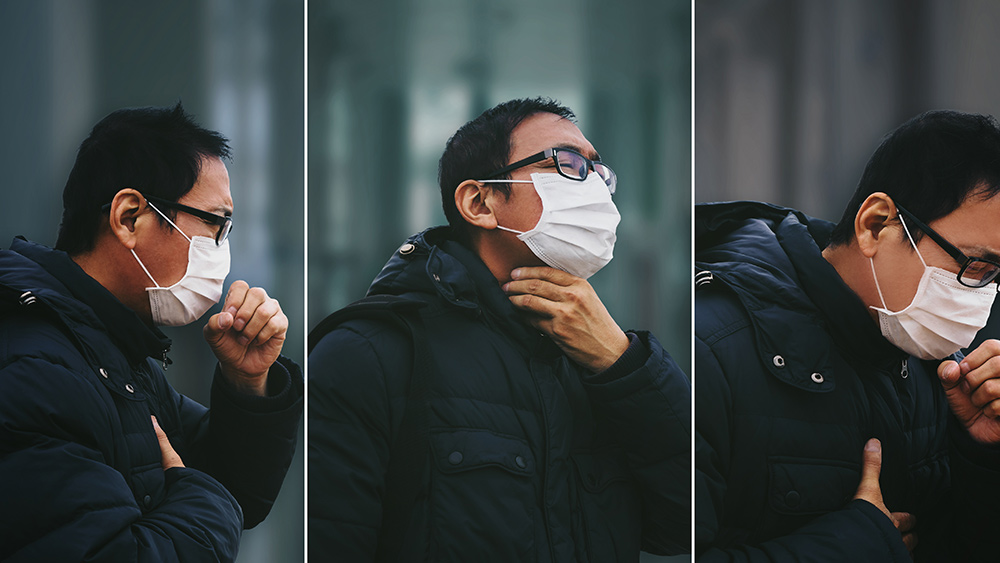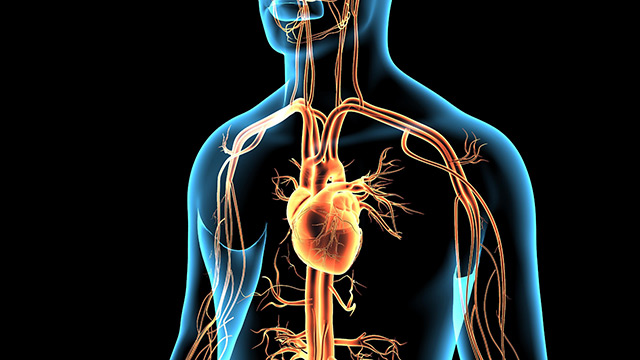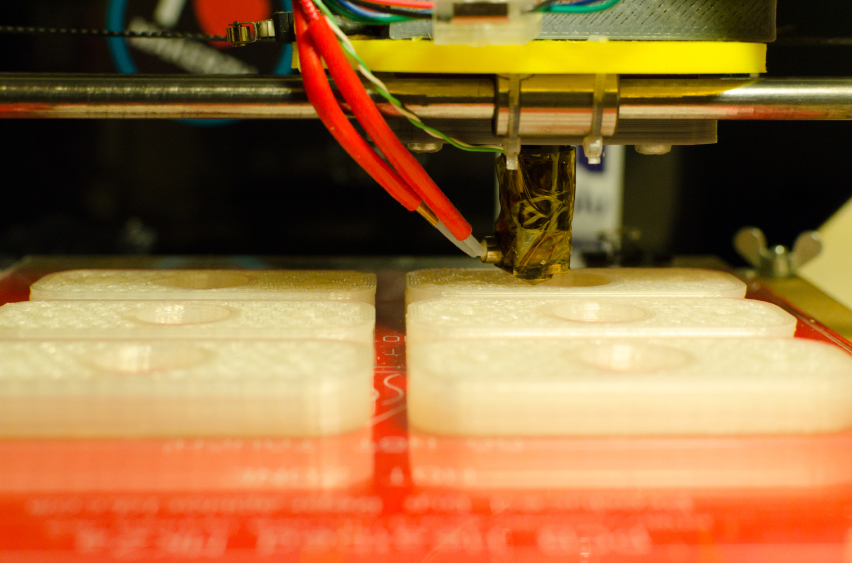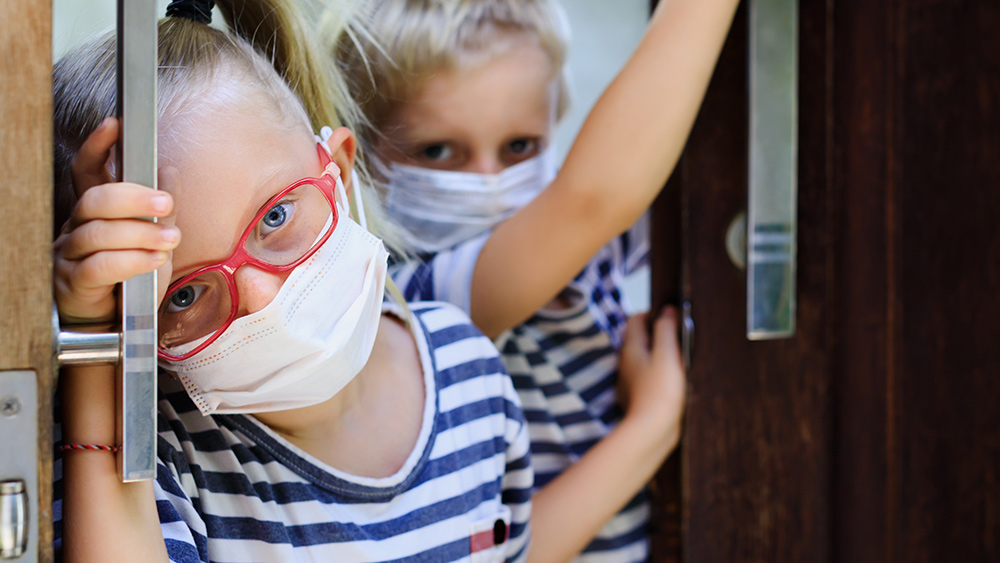Petroleum-based chemicals in cleaning products, perfumes and pesticides now cause as much air pollution as vehicles
03/18/2018 / By Edsel Cook

It’s hard to imagine items like household cleaners, paints, and perfumes causing as much air pollution as cars and trucks. But a new study backed by the National Oceanic and Atmospheric Administration (NOAA) and several research foundations determined that petroleum-based products cause almost half the air pollution in urban areas.
According to the study, people use fifteen times more fuel than they do the petroleum-based compounds for lotions, paints, and pesticides. And yet, the latter products are contributing as much air pollution to the environment as the transportation sector.
Chemical products create twice as much secondary organic aerosols (SOA) as gasoline-fueled cars and diesel-powered trucks. SOA are tiny particles that form fine particulate matter, one of the most common pollutants found in cities. (Related: Sudden and rapid increases in pollution found to be as damaging to the heart as sustained levels.)
“As transportation gets cleaner, those other sources become more and more important,” explained lead author Brian McDonald, a CIRES scientist who works for NOAA. “The stuff we use in our everyday lives can impact air pollution.”
Inventories underestimated VOC emissions of petroleum-based chemicals
The NOAA-led study investigated volatile organic compounds (VOCs,) a group of organic chemicals. VOCs produce ozone and particulate matter, which exert negative impacts on human health.
In the past, most VOCs came from vehicle emissions or gas pumps. But car manufacturers have improved engines, fuels, and pollution control systems over the course of many years.
Therefore, McDonald’s research team decided to take a new look at air pollution sources. They pored over statistics from chemical industries and regulatory agencies, performed atmospheric chemistry tests in Los Angeles, and evaluated indoor air quality measurements.
They discovered that consumer and industrial products in the U.S. emitted two or three times the amount of VOCs estimated by the EPA and other inventories. Furthermore, those same air pollution inventories overestimated VOC emissions from vehicular sources.
Jessica Gilman, an NOAA atmospheric scientist and co-author, theorized that chemical product emissions made such a big impact on air quality because of their purpose.
“Gasoline is stored in closed, hopefully airtight, containers and the VOCs in gasoline are burned for energy. But volatile chemical products used in common solvents and personal care products are literally designed to evaporate,” she pointed out.
“You wear perfume or use scented products so that you or your neighbor can enjoy the aroma. You don’t do this with gasoline.”
Particulate matter deemed the biggest risk of air pollution
In 2017, the British medical journal Lancet ranked air pollution as one of the five worst global mortality threats. It specified “ambient particulate matter pollution” as the most serious risk.
This drove the researchers to determine the extent of VOCs’ contribution to particulate pollution. They reported that more VOCs are being traced to consumer products instead of increasingly clean car emissions.
In fact, VOC emissions from volatile chemical products (VCPs) now account for a significant fraction of particles and ozone in the air of Los Angeles. Worse, very high concentrations of the pollutants are now found indoors.
“Indoor concentrations are often 10 times higher indoors than outdoors,” warned co-author Allen Goldstein from the University of California Berkeley.
According to him, such high levels of indoor air pollution would explain how the indoor use of petroleum-based products could greatly affect outdoor air pollution in cities.
One good thing that came out of the study was that the U.S. regulatory focus on car emissions turned out to be very effective. Co-author Joost de Gouw believed regulatory agencies should work just as hard in getting a handle on other sources of VOC air pollution.
Sources include:
Submit a correction >>
Tagged Under:
chemicals, NOAA, Personal care products, petroleum products, secondary organic aerosols, toxins, volatile chemical products, volatile organic compounds, volatile organic compounds (VOCs)
This article may contain statements that reflect the opinion of the author





















